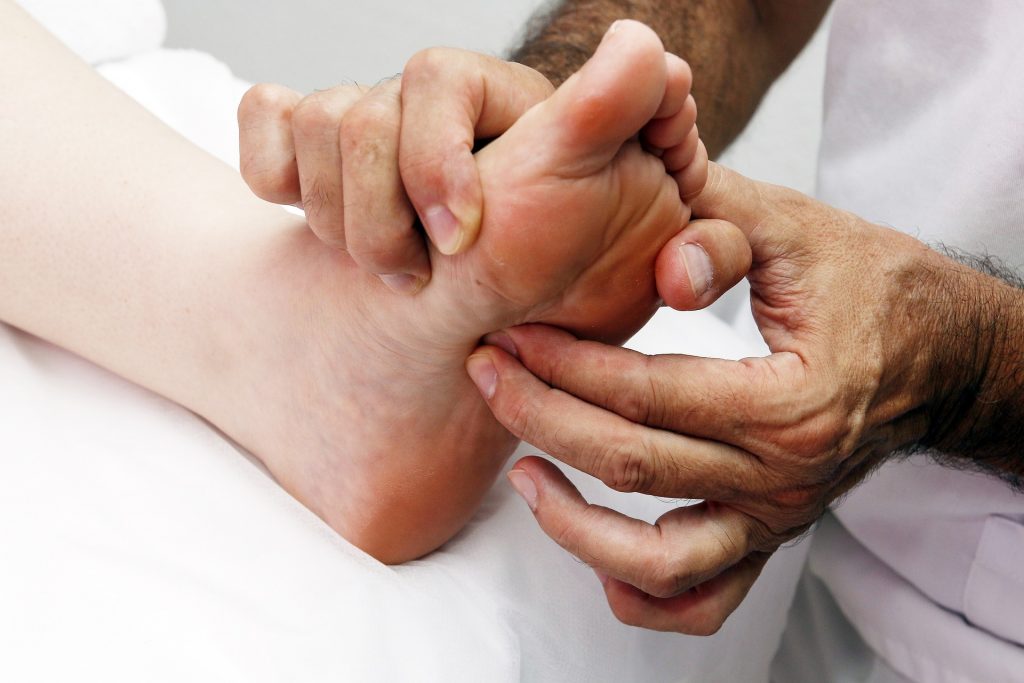No products in the cart.
Primitive Reflexes and How it can Impact Attention and Learning

In a previous article, I explained how an infant’s brain develops through movement. If certain reflexes don’t disappear within the first year of life, they can inhibit the development of higher brain levels and therefore interfere with learning, behaviour, sensory processing, and motor skills.
Common signs of retained primitive reflexes are:
-Poor balance, coordination, fine motor or gross motor skills
-Poor posture, slouches when sitting, awkward gait
-Impulsive, difficulty with focus and attention W-Sitting
-ADHD, LD, autism diagnosis
-Wets the bed after age 5
-Walks on toes
-Poor eye tracking, reading difficulties
-Fidgeting
-Poor pencil grip/handwriting
-Motion sickness
-Hyper-reactive/ hyper-sensitive
-Fussy eater
-Speech difficulties
-Poor short-term memory

What Causes them to be Retained?
Various factors contribute to a reflex not being properly integrated: C-Sections, traumatic births, low birth weight and even toxicity. However, the factor that is most commonly seen in recent years is skipped milestones due to insufficient floor time. Walkers, saucers, swings and strollers mean babies get less tummy time to roll, creep, crawl; tummy time is crucial for integrating reflexes.
Key Exercises to Integrate Them
1) Crossover exercises – Exercises that cross the left side of the body with the right mimics crawling. This crossover improves communication between the left and right brain hemispheres. Have your child use their left hand to touch their right knee or foot and vice versa.
2)Starfish – Have your child sit in a chair and open their legs and arms out like a starfish and then cross over by crossing right leg over left leg and right arm over left arm. They should be doing this all at the same time, then opening up again and then this time doing the opposite side for a total of twenty.
3)Snow angels – This helps to integrate a reflex commonly seen in children with ADHD, autism as it causes hyper-responsivity. It’s exactly as it sounds–the child lays on the ground and makes twenty snow angels.
4)Superman – Have your child lay on their belly and lift only their legs and arms off the floor
5)Ball squeeze – Have your child squeeze a small ball ten times on each hand.
To learn more, schedule a free 20-minute consult.
Lorraine Driscoll






